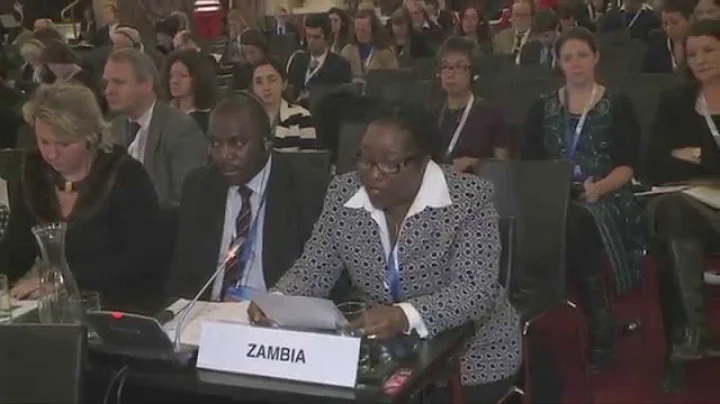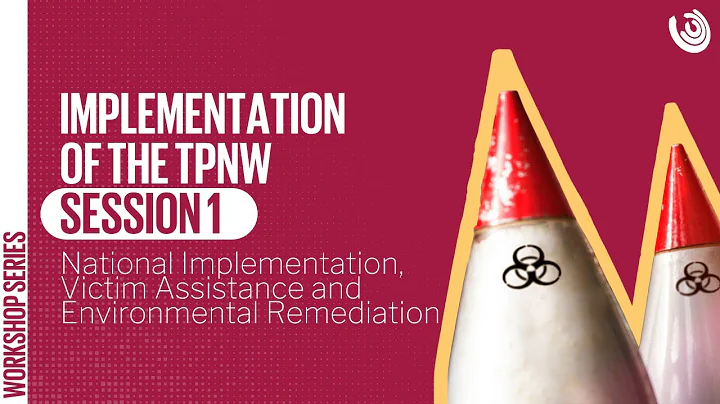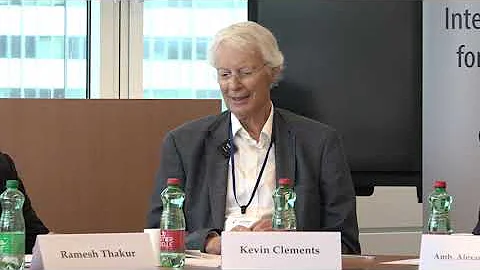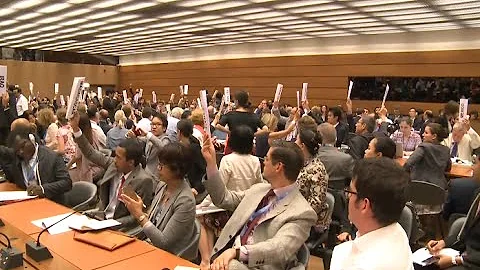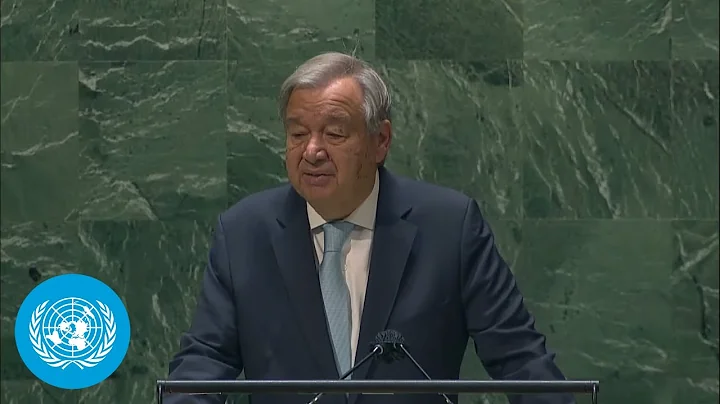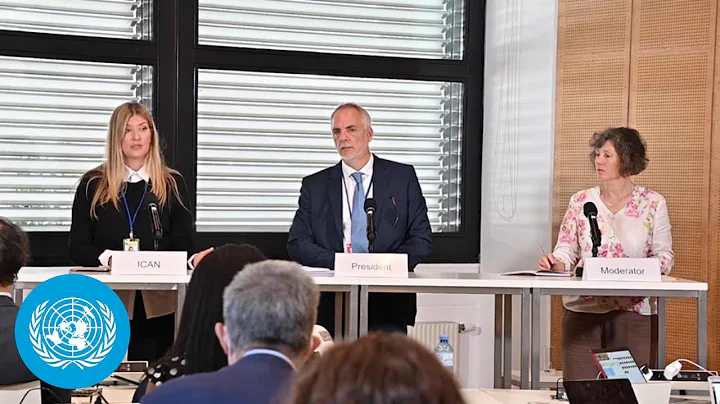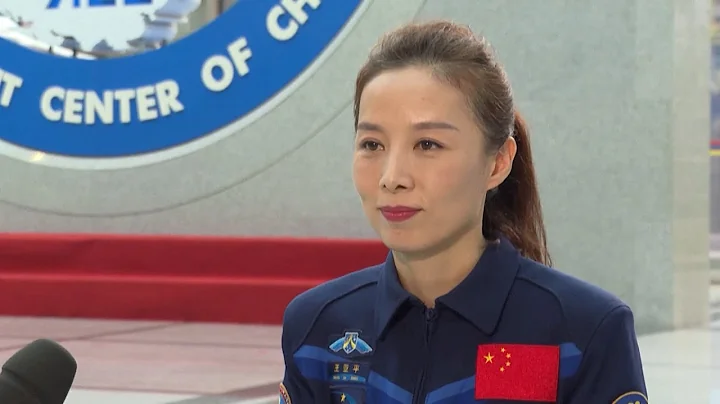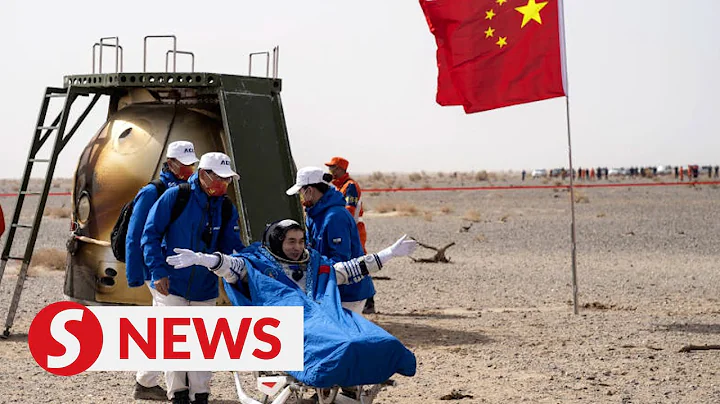The "Treaty on the Prohibition of Nuclear Weapons" was first proposed by Costa Rica and Malaysia to the United Nations in the form of a proposal in 2007. In 2017, the United Nations launched negotiations on the issue of a nuclear weapons ban treaty. China, the United States, Russia, Britain and France all refused to participate. The United States believes that this treaty is unrealistic and has joined more than 20 countries to boycott the negotiations. China has made it clear that it will not participate in the negotiations. In 2018, the five permanent members signed a joint statement opposing the "Treaty on the Prohibition of Nuclear Weapons" and refused to sign it.

In 2020, 44 countries have ratified the "Treaty on the Prohibition of Nuclear Weapons". In 2021, it reached 51, which has exceeded the entry into force standard of 50 countries. On January 22, 2021, the treaty officially entered into force on June 21 this year. The Conference of the Parties is the first meeting after the treaty enters into force. However, with the absence of the five permanent members and other major nuclear-armed countries, the resolutions of the conference will no longer be enforceable.
The key reason why the five permanent members of the P5 countries unite to boycott the treaty is not only impractical, but also the element of haste, waste If nuclear-armed countries destroy their nuclear weapons, how will this be implemented? Who destroys it first? Who will supervise this? How are penalty clauses formulated? These have not been fully negotiated and discussed, and are not very operable.

In addition, although the parties have good intentions, it is a typical fantasy to achieve the goal of destroying nuclear weapons "one size fits all" through the treaty. Take the United States, for example. According to last year's data, the number of nuclear warheads in the United States is as high as 3,750 It is unrealistic to destroy nuclear weapons in a short period of time. If any nuclear-armed country fails to implement it in place, it will bring huge imbalance factors to international competition.
However, some countries still cannot see the key point. On June 19, local time, Kazakhstan Foreign Minister expressed his position on the nuclear ban treaty and proposed a time point for the nuclear ban, requiring all nuclear-armed countries to do so before 2045. Destroy nuclear weapons.

In the current international situation, although the existence of nuclear weapons makes people talk about it, it is a major "guardrail" in international competition. Looking back at the current geopolitical conflicts, they are generally dominated by local wars and military conflicts. It is difficult to evolve into large-scale hot wars during the World War and World War II periods, such as the Russia-Ukraine conflict, the India-Pakistan conflict, etc. Big powers rarely end directly. The key reason is the deterrence of nuclear weapons. Competition between big powers is also driven by military Confrontation in various fields has shifted to competition in the economic, technological, and political fields. If all nuclear weapons are destroyed in accordance with the concept of the "Treaty on the Prohibition of Nuclear Weapons", then the cost of war will be greatly reduced.
Therefore, it is not impossible to require all nuclear-armed countries to destroy nuclear weapons, but a prerequisite is to replace nuclear deterrence with other means, increase the cost of war, eliminate the possibility of military conflicts between major powers, and at the same time establish a complete supervision mechanism. It must be implemented gradually in a step-by-step manner. Otherwise, a hasty ban on nuclear weapons will only pose a threat to world peace. This is why China refuses to participate in the meeting.

China's principles and position on nuclear weapons have long been made clear. The Chinese Ministry of Foreign Affairs has mentioned that China has always advocated the complete prohibition and thorough destruction of nuclear weapons, but nuclear disarmament cannot be achieved overnight and must be done in the context of "maintaining global strategic stability" and The principle of "undiminished security of all countries" is gradually advancing. China is willing to maintain communication with all parties and work hard to build a world without nuclear weapons.
